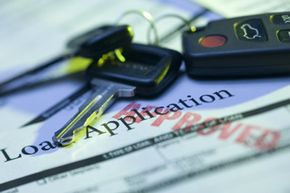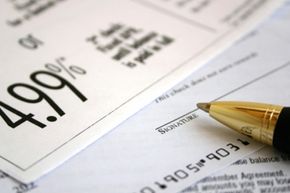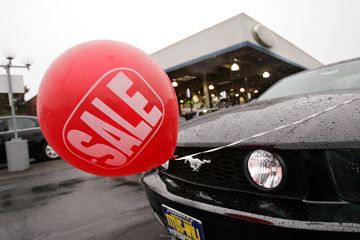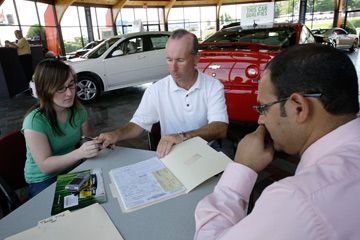When was the last time you handed over a stack of cash or a personal check for the entire cost of a new or used car? It's likely that you've ever done it, or even know anyone who's done such a thing. Most car shoppers finance vehicle purchases with a loan from a bank or a credit union or through a program offered by the dealership. Either way, it involves monthly payments. But what will those payments actually cost you?
There are two main parts of a loan: the principal and the interest. Principal is the purchase price minus any down-payment money. It's the actual amount of money you're borrowing. So if you buy a car for $25,000 and put down $5,000 in cash the day you buy the car, the principal amount of your loan is $20,000.
Advertisement
The lender adds interest to the loan to earn a little money for his or her trouble. The lender is taking the risk that you're good for that $20,000. In return, the lender gets an additional percentage of the total amount that you borrow. The APR, or annual percentage rate, that gets tacked onto the car loan usually depends on your credit history, current rates and the length of your loan.
If you're buying a new car at a dealership, the salesperson will likely offer a slate of add-ons that would roll into your monthly payment, making it significantly higher. These include things like an extended warranty, GAP insurance, life and disability insurance, theft protection or a service contract. Know before you go into the dealership if any of these offerings might be beneficial for your particular situation. You may find that these add-ons make the cost of your new car a little (or a lot) more money than you initially wanted to pay each month.
So let's say you keep it simple and get a straightforward car loan. What kind of APR can you expect?
Advertisement




